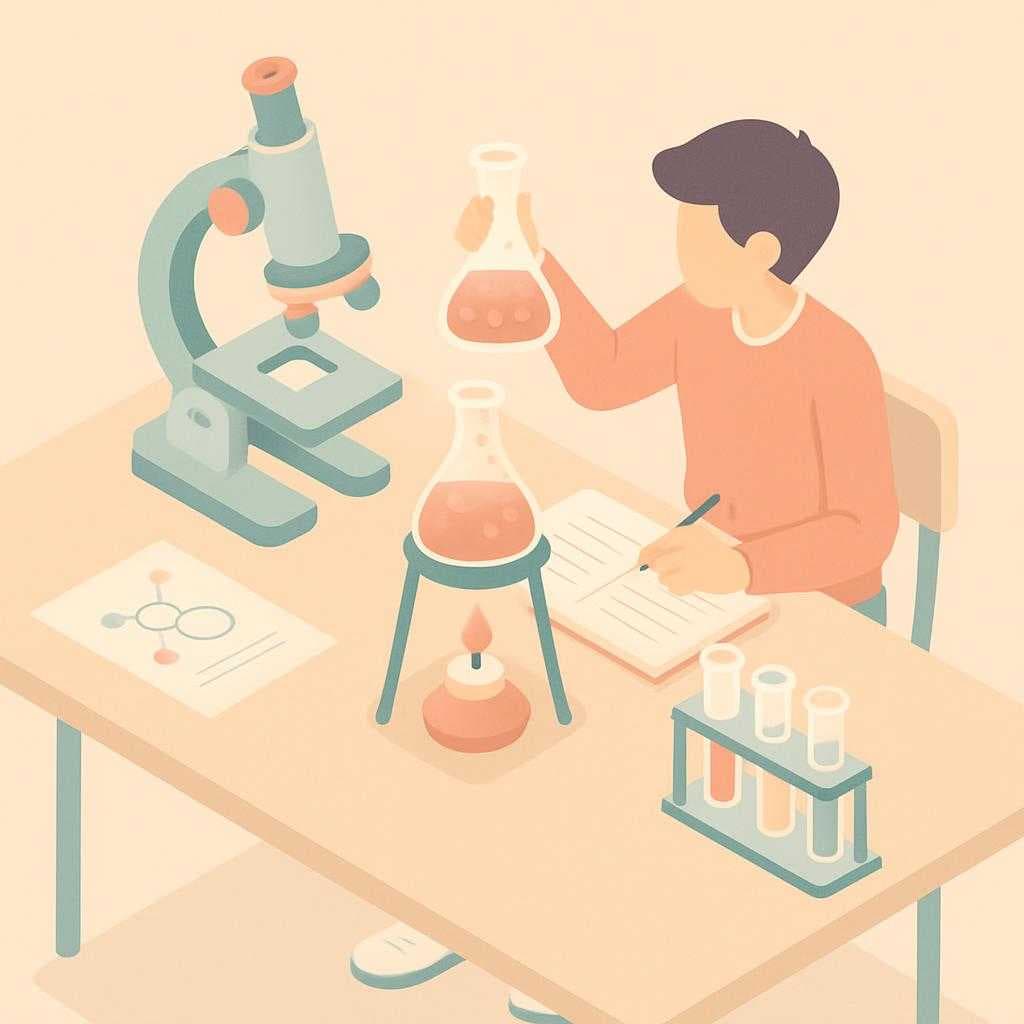Ace Your GCSE Single Science: Strategies for Tackling Practical Exam Components
Summary: Discover top strategies to excel in the practical components of your GCSE Single Science exams. Learn how to effectively prepare for the practical assessments across AQA, Edexcel, and OCR exam boards to boost your confidence and scores.
Practical components in GCSE Single Science are crucial for demonstrating your understanding of scientific concepts in a hands-on environment. Whether you're navigating the requirements of AQA, Edexcel, or OCR, mastering these assessments is essential for achieving excellent grades. Here are some strategies to help you excel in the practical components of your exams.
Understand the Practical Requirements
Each exam board has specific requirements for practical assessments. For example, AQA focuses on required practicals that are integral to your overall grade, while Edexcel and OCR have their own set of practical activities. Start by reviewing your exam board's specification to understand the practical skills and experiments you'll need to perform. Familiarize yourself with the types of experiments and the corresponding scientific principles.
Practice Makes Perfect
Hands-on practice is key to mastering practical components. Make use of your school's lab facilities and practice the experiments multiple times. This will not only enhance your understanding but also build your confidence. Take detailed notes during each experiment, focusing on the method, observations, and results. These notes will be invaluable for revising and preparing for the exam.
Focus on Precision and Accuracy
Precision and accuracy are critical in practical science exams. Pay close attention to detail when measuring and recording data. Use appropriate equipment, such as pipettes and measuring cylinders, accurately. Practice calculating uncertainties and errors, as these are often tested in exams. Remember, a small mistake in measurement can affect your entire experiment's outcome.
Develop Strong Observation and Analytical Skills
Being observant is vital in practical exams. Practice noting even the smallest changes during experiments. Develop analytical skills by interpreting data and drawing conclusions based on your observations. Understanding how to evaluate your results critically will set you apart in the exam.
Time Management
Time management is crucial during practical exams. Plan your experiment beforehand, estimating how long each step will take. Allocate time for setup, conducting the experiment, and cleaning up. Practicing under timed conditions can help you manage your time effectively during the actual exam.
Review Past Practical Papers
Exam boards like AQA, Edexcel, and OCR often provide past papers and sample questions. Reviewing these can give you insights into the types of practical questions asked and the marking criteria. Analyze past practical papers to identify common themes and experiment types.
By focusing on these strategies, you can increase your confidence and competence in handling practical components in your GCSE Single Science exams. Remember, preparation and practice are the keys to unlocking your full potential. Good luck!
